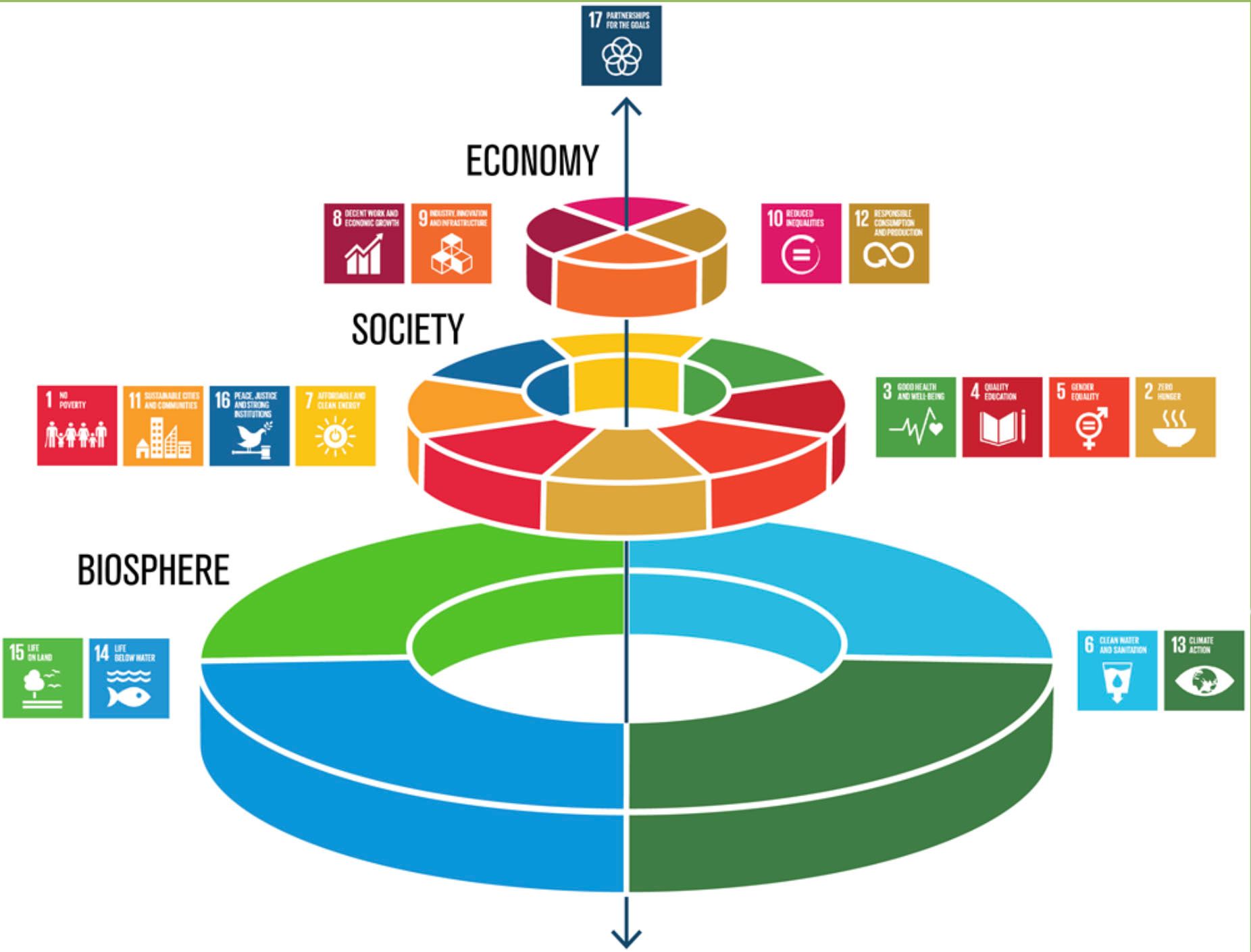Why "Skills First" is the Future of Work
According to the World Economic Forum’s
Future of Jobs Report 2023 , the future of work is all about skills first. Discover why companies are prioritizing upskilling the workforce to stay ahead of the game.
As the job market continues to evolve, a wide range of organizations across the private and public sector are realizing that the key to staying competitive is to prioritize skills over degrees or job titles. This means investing in upskilling and reskilling programs to help employees adapt to new technologies and job requirements. Find out why skills first is the future of work and how it can benefit both companies and employees.
- The changing landscape of work;
- The rise of skills-based hiring;
- The benefits of skills-first hiring;
- How to develop skills for the future of work;
- Bonus: there is a short video (1min30) about an amazing skills-first training tool in the end of this article!
The Changing Landscape of Work
The traditional model of work, where employees stay with one company for their entire career, has become a thing of the past. With the rise of technology and globalization, the job market is constantly evolving, and companies need to adapt to stay competitive. This means that employees need to be able to adapt as well.
By prioritizing skills over degrees or job titles, companies can ensure that their workforce is equipped to handle whatever challenges come their way.
4 Main changes in the work environment:
- Growth of online learning and micro-credentials;
- Increase in remote work;
- Changes in talent management practices;
- Use of AI and big data for jobs and skills mapping.
Stay ahead!
“In the next five years, skills gaps and an inability to attract talent will constitute the most important barriers preventing industry transformation ”.
The skills-first mindset is an opportunity to build more robust pipelines due to the potential to benefit millions of people that have been struggling to access traditional labor markets.
This approach not only widens the pool of potential candidates but also ensures that the company is hiring individuals who have the skills needed to succeed in the role and keep up with talent retention.
The Benefits of Skills-First Hiring.
Skills-first hiring has numerous benefits for all sides: companies, policy makers and job seekers. For companies, it allows them to find the best candidates for the job, regardless of their educational background or previous job titles. This can lead to a more
diverse and robust talent pipeline, which can ultimately improve the company's bottom line. For job seekers, skills-based hiring provides an opportunity to showcase their abilities and potentially land a job they may not have been considered for in the past. Additionally, upskilling and reskilling programs can help individuals develop new skills and advance their careers, leading to greater job satisfaction, financial stability and the democratization of access to opportunities and good jobs. For policy-makers, economic prosperity for local communities.
A skills-first approach can help organizations in finding and attracting hidden talent who might not even be a part of the labor market in other circumstances.
A recent
research by LinkedIn shows that a shift to a skills-based approach for hiring, promoting and rotating talent development can increase talent pools across industries.
Increasing productivity
According to Deloitte , skills-first culture organizations are 63% more likely to achieve results.
Organization for Economic Cooperation and Development (OECD) identifies that there is a strong link between the effective application of skills and productivity.
For workers, using skills proficiency increases motivation and engagement, leading to more productivity.
Supporting talent mobility and redeployment
- Helps targeting internal talent pools who need upskilling and reskilling;
- Address key skills gaps quickly and economically;
- Minimizes negative near-term effects from dislocations;
- Increases talent retention.
Promoting diversity, equity and inclusion
- Reduces barriers to entry
- Opens up opportunities for more individuals to participate in labor market;
- Encourage candidates from other backgrounds to consider applying for roles;
- Helps remove unintended bias from the recruitment process.
- Ensures that the teams are composed of diverse individuals with a wide range of experience, allowing them for sharing ideas, knowledge and perspectives that can lead to innovative solutions.
How to Develop Your Skills-First Approach for the Future of Work.
Remember, the future of work is all about skills first, so investing in your team’ skill development is crucial for long-term success, talent retention and staying ahead of the competitors.
We can help you to go further!
Startup Mundi’s gamified methodology guarantees the best learning experience to your team.
In this realistic simulation, your team will take the role of CEO, running a new idea or startup from idea to scalability, making the best decisions quickly, learning innovation mindset and entrepreneurship.




